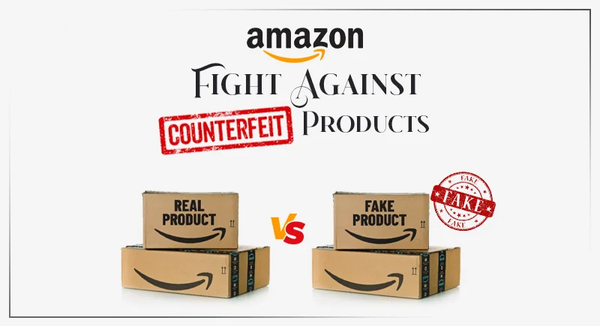Traceability: A Game-Changer for Apparel Industry Ethics and Sustainability
Discover how traceability systems are transforming the apparel industry, fostering sustainability, ethical practices, and consumer trust globally.

Traceability Takes Center Stage in the Apparel Industry
The global apparel industry faces increasing scrutiny from consumers demanding transparency, sustainability, and ethical labor practices. In response, traceability systems are emerging as critical tools for addressing these challenges. Establishing traceability not only enhances accountability but also offers a competitive advantage in a market that values integrity.
Understanding Traceability in Apparel
Traceability involves tracking a product's journey from raw material sourcing to the finished garment on retail shelves. This process ensures every step adheres to ethical, environmental, and quality standards. With the rise of technology-driven solutions like blockchain, DNA tagging, and cloud-based software, the industry is witnessing a paradigm shift toward more transparent operations.
Steps to Build Traceability
1. Supply Chain Mapping
Traceability begins with an in-depth analysis of the supply chain. Brands must map out each stage, from sourcing cotton or polyester to the garment's final assembly, identifying areas where transparency is lacking.
2. Embracing Digital Solutions
Technologies such as blockchain and QR code tracking enable real-time monitoring of goods. These systems allow manufacturers to verify the authenticity and sustainability of their products at every step. Platforms like CertainT and Haelixa have already demonstrated the power of tech-driven traceability in textiles.
3. Certifications for Credibility
Aligning with globally recognized certifications like GOTS (Global Organic Textile Standard) or Fair Trade adds an additional layer of trust. These benchmarks ensure compliance with environmental and ethical norms, addressing consumer concerns.
The Consumer Connection
Traceability is not just about internal operations; it’s a powerful storytelling tool. By sharing supply chain transparency with customers, brands build loyalty and differentiate themselves in a crowded market. Detailed labels, QR codes linking to sourcing information, and marketing campaigns showcasing sustainability efforts resonate with eco-conscious buyers.
Why Traceability Matters
In a 2023 industry report, 78% of consumers expressed willingness to pay more for products with verified ethical sourcing. This demonstrates the tangible value of traceability in driving consumer trust. Moreover, it mitigates risks like counterfeit goods, compliance violations, and environmental degradation.
A Transformative Era
As governments worldwide introduce stricter regulations on supply chain transparency, traceability will no longer be optional. For the apparel industry, it is an investment in long-term resilience and relevance. Forward-thinking brands that prioritize traceability will lead the way in shaping a sustainable and ethical future for fashion.
A Call to Action
Traceability is more than a trend; it’s a necessity for the evolving apparel industry. Embracing this practice not only enhances operational efficiency but also sets the foundation for sustainable growth. The time to act is now—traceability is the bridge to a more ethical, accountable, and successful future in fashion.




